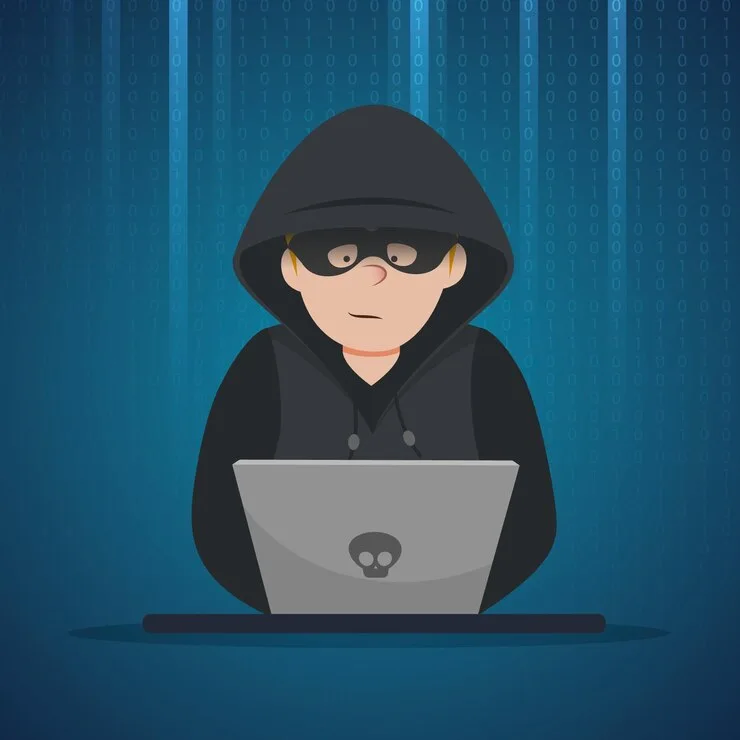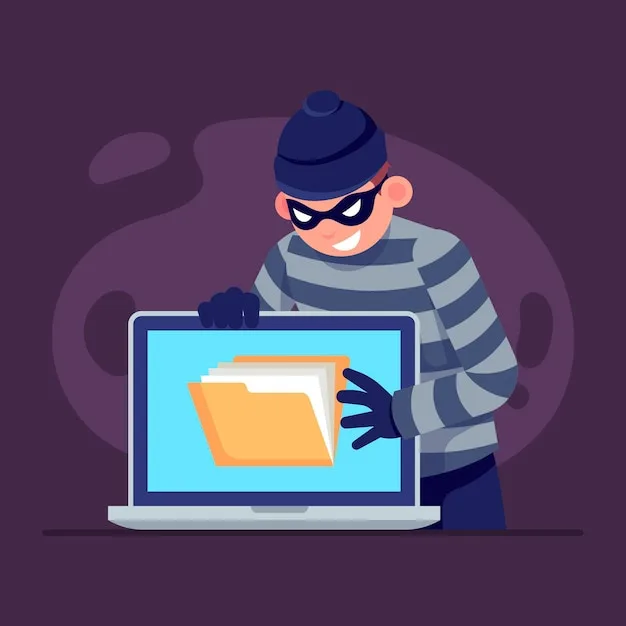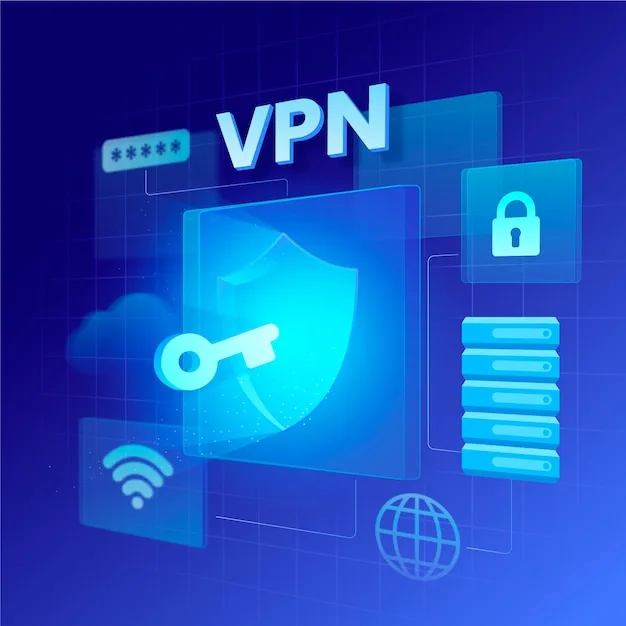Or: How to Hand Over Your Accounts on a Silver Platter
You’ve probably heard that your password should be long, complex, and protected like your grandma’s secret cookie recipe. But let’s be honest — most people treat passwords like an afterthought.
And hackers? They love that.
Here are the top 5 password mistakes that are basically an open invitation to cybercriminals — and how to fix them before your Netflix account ends up in a stranger’s living room.
🚫 1. Using “123456” (Yes, Still…)
Believe it or not, “123456” is still the most used password in the world. It’s the digital equivalent of leaving your house key under the doormat labeled “Definitely Not A Key.”
Better idea:
Use a passphrase like: PurpleTofuPizza$2025!
Longer + random = stronger. Bonus points for making it weird.
🎯 2. One Password to Rule Them All
Reusing the same password for everything? Congrats — if one account gets hacked, they all do.
Fix it:
Use a password manager like:
- 1Password
- Bitwarden
- LastPass They remember all your logins so your brain doesn’t have to.
🧠 3. Your Dog’s Name Isn’t Secret
Sorry, but “rocky2024” isn’t secure if you post 37 photos of Rocky with hashtags like #MyGoodBoy.
Hackers love:
- Pet names
- Birthdays
- Favorite sports teams
Solution:
Create random passwords with no personal connection. Even Rocky will understand.
⏳ 4. Never Updating Passwords
If your email password hasn’t changed since the Obama administration, we have a problem.
How often to update:
- High-risk accounts (email, banking): Every 3–6 months
- Others: Annually, or when there’s a breach
You wouldn’t wear the same underwear for 5 years. Don’t do it with passwords either.
📬 5. Ignoring Two-Factor Authentication (2FA)
2FA is like having a second lock on your digital front door — and it’s FREE.
Use it on:
- Social media
- Banking
- Anything with your money or identity
Text, app, or physical key — just use it. It’s like garlic for vampires, but for hackers.
🔐 Pro Tip: Use the “Have I Been Pwned” Tool
Go to haveibeenpwned.com and check if your email has been part of a data breach. If it has… you know what to do.
🧠 TL;DR
Passwords are like underwear:
🔹 Change them often
🔹 Keep them private
🔹 Never share them with strangers
🔹 Don’t reuse the same one everywhere
Now go clean up those logins like your digital life depends on it — because it kinda does.





